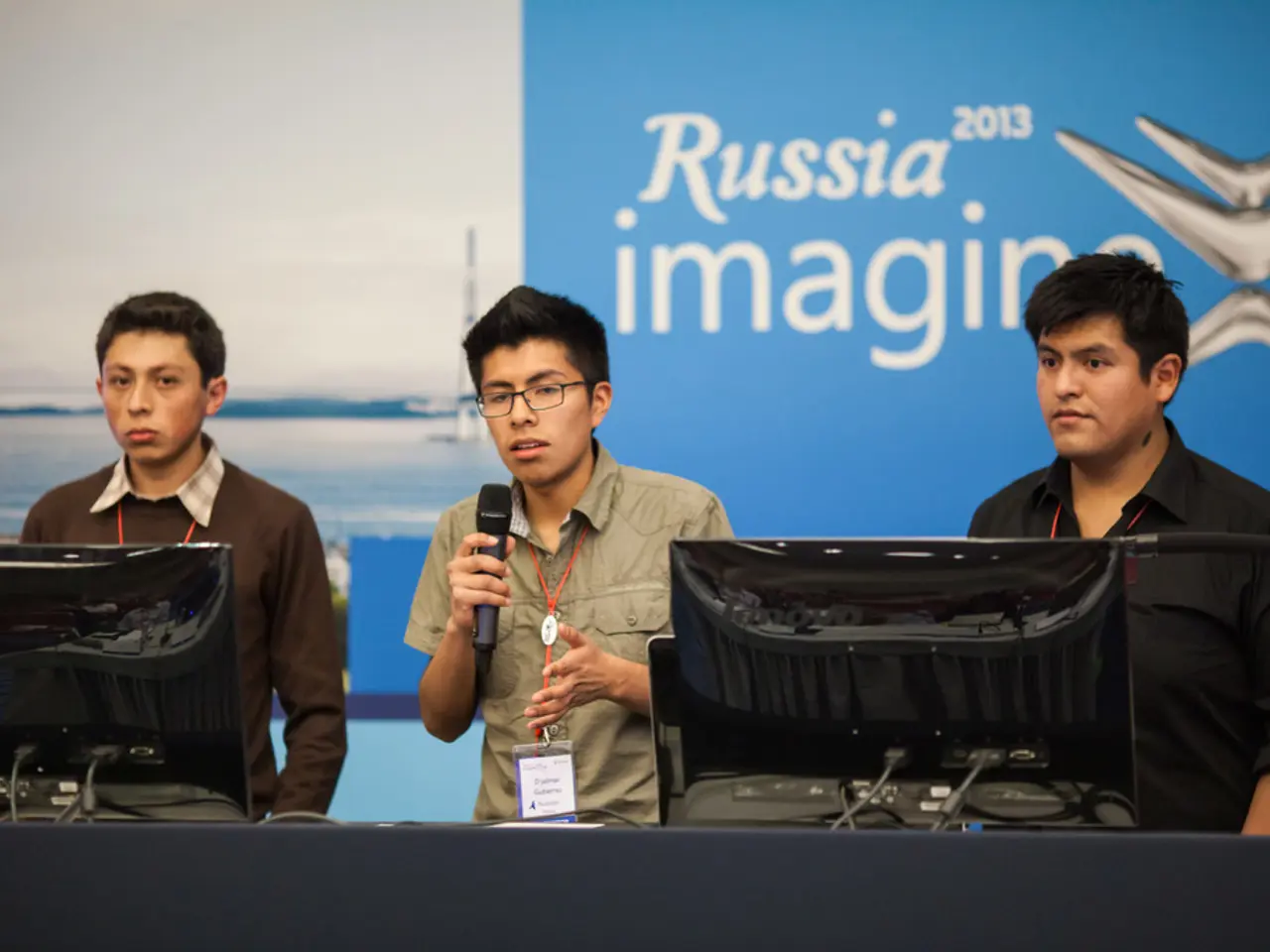Turkey's ascension predicted as a dominant force in the region, according to a US-based strategic analysis organization
A new analysis by the U.S.-based think tank, Geopolitical Futures, titled "Turkey's Time to Rise," highlights significant geopolitical opportunities for Turkey to emerge as a major power amid shifting regional and global dynamics.
Seizing Opportunities Amid Regional Shifts
The analysis argues that Turkey has captured a historic opportunity to emerge as a major power, exploiting the decline or constraints of regional powers such as Russia, Iran, Israel, and the reduced global footprint of the United States. Turkey's strategic position, controlling vital waterways like the Turkish Straits and bridging Europe and Asia, is another key factor in these opportunities.
The report identifies Turkey's critical role in Azerbaijan's victory over Armenia in the 2020 Karabakh war as a significant success, marking a historic realignment of power on its eastern flank. Turkey has also improved relations with major Arab states, including Saudi Arabia and the United Arab Emirates, and has positioned itself as an interlocutor between Russia and Ukraine.
Navigating Challenges and Complexities
However, the report also acknowledges the challenges Turkey faces in this rise. Managing ongoing regional volatility and conflicts, particularly dealing with Islamist non-state actors and the complex, ungoverned spaces in the Middle East, is a significant hurdle. Navigating the intricate balance between cooperation and competition with neighboring powers such as Iran and Israel is another challenge.
Addressing tensions with the West, especially as Turkey's more independent and assertive foreign policy sometimes clashes with NATO allies, and concerns over domestic issues like democratic backsliding are other challenges. Balancing competing interests imposed by the presence of global powers and the legacy of its Ottoman past, which complicates Turkey's national identity and foreign policy ambitions, is another complex issue.
Turkey's Position Among Emerging Powers
The analysis positions Turkey alongside Japan and Poland as one of three significant powers forecast to emerge over the coming decades. Recently, Polish Prime Minister Donald Tusk visited Ankara to coordinate joint efforts to stabilize Ukraine and explore Turkey's options in postwar security frameworks.
Capitalizing on Opportunities
Turkey has already begun capitalizing on these opportunities through strategic interventions and diplomatic initiatives. For instance, Turkey has enhanced its influence in Libya to project strength westward in the Mediterranean, and has launched the Balkans Peace Platform, hosting a meeting in Istanbul with foreign ministers from several Balkan countries.
Despite the optimistic analysis, the authors acknowledge uncertainties about Turkey's ability to fully capitalize on these opportunities due to its domestic problems. The report concludes with a note of caution, suggesting that whether Turkey can capitalize on these opportunities remains uncertain.
The analysis also highlights Turkey's efforts to forge closer relationships with European partners, including Poland, as trans-Atlantic security arrangements shift. Egypt's official approval of involvement in the KAAN (TF-X) stealth fighter program marks a pivotal step in bilateral defense cooperation.
In conclusion, Turkey's potential emergence as a major power is shaped by a unique conjunction of geopolitical openings arising from regional power shifts and its own domestic growth, but tempered by the complexity of regional conflicts, shifting alliances, and internal political dynamics.
- Turkey, with its strategic position and the decline of regional powers such as Russia, Iran, Israel, and the United States, has a historic opportunity to rise as a major power, as indicated in a new analysis by the U.S.-based think tank, Geopolitical Futures.
- The Turkish Straits, which control vital waterways, are a key factor in these opportunities for Turkey, as highlighted in the analysis.
- Turkey's critical role in Azerbaijan's victory over Armenia in the 2020 Karabakh war, and its improved relations with major Arab states, are significant successes in Turkey's quest to become a major power.
- However, the analysis also acknowledges the challenges Turkey faces, such as managing ongoing regional volatility and conflicts, particularly with Islamist non-state actors and complex, ungoverned spaces in the Middle East.
- Balancing competing interests imposed by the presence of global powers, navigating the intricate balance between cooperation and competition with neighboring powers, and addressing tensions with NATO allies are other challenges.
- The report positions Turkey alongside Japan and Poland as one of three significant powers forecast to emerge over the coming decades, with Poland's Prime Minister Donald Tusk visiting Ankara to coordinate joint efforts to stabilize Ukraine and explore Turkey's options in postwar security frameworks.
- Turkey has already begun capitalizing on opportunities through strategic interventions and diplomatic initiatives, such as enhancing its influence in Libya and launching the Balkans Peace Platform, but the report cautions that the uncertainty about Turkey's ability to fully capitalize on these opportunities due to its domestic problems remains.





